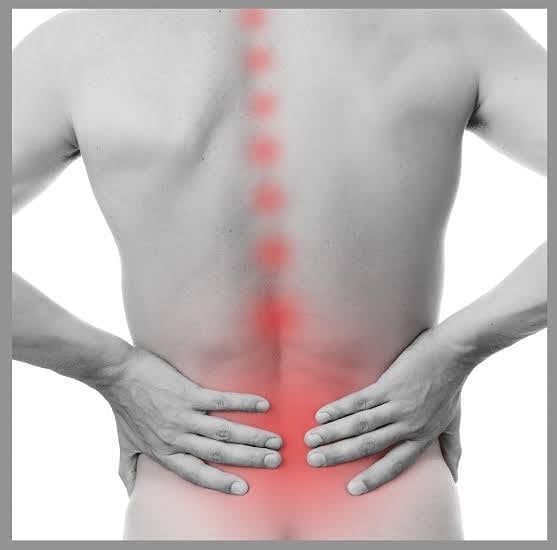Do Women have a Greater Pain Tolerance than Men?
Do women have a greater pain tolerance than men? There has been a wide misconception going around for centuries that women are as fragile as mere flowers – even though they are expected to give birth and go through countless other painful events in their lives without a say. However, oddly enough, the patriarchial concept continued to flip flop. In some parts, women are considered fragile and weak, but, at other points, they have the highest form of pain tolerance. Unfortunately, this wide array of misconceptions continued to thrive without any proper research to back it up.
So, on the one hand, it is a widely accepted thought that women tend to tolerate pain much better, thanks to a long history of having been continually put through the mangle of childbirth. On the other hand, however, others believe that women are weak and only make it through such painful events due to natural pain-blockers and more.
You can see how such discussions can lead to a massive spread of misinformation. Health experts at health2delivery would like to set the record straight. Keep reading to find out if women are better at tolerating pain than men.
The Two Factors of Pain
Everyone encounters pain during their life. But, how one deals with that pain really matters. Usually, two key factors are taken into consideration; the threshold of pain and tolerance. As we all know, the pain threshold refers to the tipping point when an individual begins to feel pain after being exposed to a specific stimulus, for instance, a paper cut. So, even though we can measure the stimuli, the exact amount of pain experienced remains completely subjective. On the other hand, pain tolerance refers to the precise amount of pain an individual can endure without collapsing in pure agony.
Level of Intensity: Comparison of Sexes
Building on that, since pain is subjective to every individual, it becomes quite a difficult task to figure out whether different sexes experience pain at the same intensity or not. As a result, the comparison of the intensity of pain becomes irrational.

However, according to recent studies performed without even an inch of bias – an expected result occurred among the most common studies: a remarkably higher number of females have reported to experience greater levels of pain as compared to men. The consistency of this specific contrast is enough to imply that the determinations are reasonable, even if we can not, as of right now, describe the exact reason for the discrepancies.
Biological Perceptive
There are a few factors that one needs to take into consideration to comprehend this debate fully. First, you need to keep in mind that pain is, essentially, perceived. Moreover, from a biological standpoint, there are a few distinct differences between women and men in terms of pain tolerance that could account for the facts determined. For example:

- According to recent studies, it has been found that the female body experiences a much more severe natural reaction to painful stimuli. This response difference strongly indicates a discrepancy between the sexes in how pain systems function and respond.
- Furthermore, a more eminent nerve density is present in women. This greater nerve density may be responsible for the exaggerated intensity of pain that women experience.
- The unstable nature of female hormones may be directly responsible for seriously heightening the body’s way of perceiving pain. To give an example, when estrogen levels are noticeably low during the menstrual cycle (or even after menopause), the activity of pain receptors becomes elevated. As a result, people who have a menstrual cycle experience more pain.
- Lastly, women are at a greater risk for several chronic pain-causing conditions and diseases. The risk is at an all-time high during reproductive years.
Psychological Perspective
Now, we delve into how the sexes differ in their experience of pain from a psychological perspective. Needless to say, mental health conditions like anxiety, depression, panic disorders are much more common among women than men. In addition to this, the psychological state tends to worsen and exacerbate the impact that manifests due to such disorders, even if the pain has not indeed amplified.

Moreover, some well-established theories even suggest that since women are more conscious of themselves physically, they might notice pains that occur earlier and better than men. Therefore, while researchers have not yet identified the exact cause for the apparent contrast between the pain experience of different sexes, studies clearly exhibit that the disparity definitely exists. In fact, each individual — of either sex — perceives and responds to physical pain in their own way.
The Bottom Line
Do women have a greater pain tolerance? Yes, and no. The answer depends on the individual regardless of sex. Pain tolerance is highly subjective; however, women do experience pain at a higher intensity as compared to men. That is the conclusion research has reached so far.






